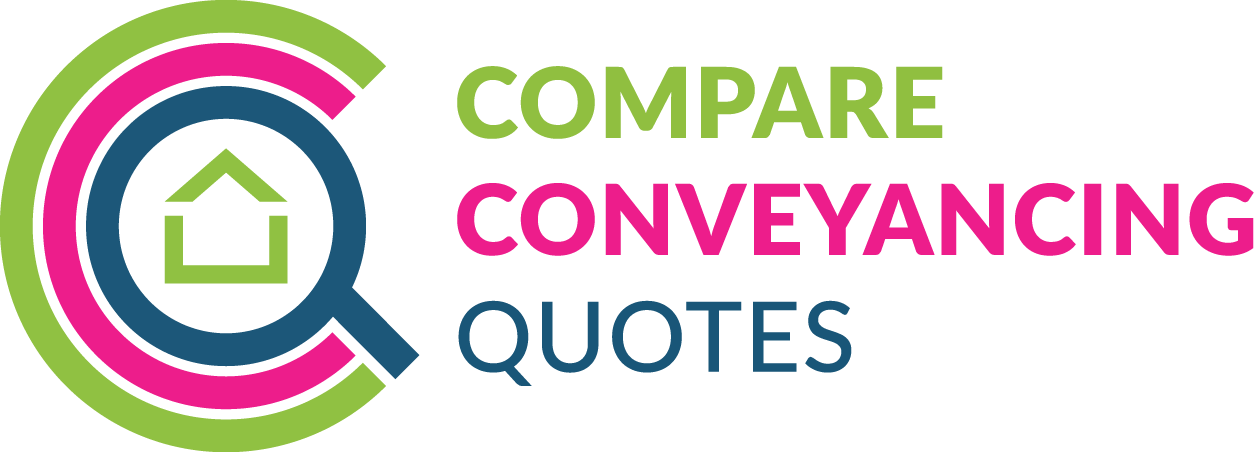How Much Mortgage Can I Afford?
Before you apply for a home loan, you’ll first need to consider whether you’re able to afford to make the monthly repayments. However, there are more factors to bear in mind than just that. Mortgage providers look at your outgoings and income to determine whether or not you’ll be able to keep making payments if the interest rate rises or your life circumstances change.
How Does A Lender Work Out How Much Mortgage You Can Afford?
At one time, a mortgage lender would base how much you were able to borrow primarily on a multiple of your income, known as a loan-to-income ratio. For example, with an annual income of £50,000, a mortgage lender may have offered you a loan of around 3-5 times that sum, resulting in a mortgage of as much as £250,000.
Today, though, when you make a mortgage application, lenders cap that loan-to-income ratio at 4 ½ times your income. Also, they have to asset the level of monthly repayment you’re able to afford, taking into account your living and personal expenses together with your income in an affordability assessment.
Lenders also carry out a stress test into your ability to make repayments in the long term by taking into account the possible effects of rises in the interest rate and potential lifestyle changes. Should the lender believe you’d be unable to afford to make repayments under such circumstances, it’s likely they’ll limit the amount you’re able to borrow.
What Does A Lender Take into Account?
When a lender is working out the amount you’re able to afford to borrow, they look at the following:
- Your income - including your basic income, any income from investments or pensions, any other earnings from commission, bonuses, freelance work, another job or overtime, and any financial support or child maintenance from an ex-partner. You’ll be required to provide bank statements and payslips to evidence your income. Self-employed individuals must provide business accounts, bank statements, and details of any income tax paid.
- Your outgoings – these include credit card payments, maintenance payments, loans and existing credit agreements, utility bills, and insurance costs. You may also be asked for an estimate of living costs, including spending on childcare, basic recreation and clothing, and for some bank statements that support those figures.
- Future changes which could have an impact – lenders will assess if you’d still be able to make your repayments if the interest rate went up, if you lost your job or couldn’t work because of an illness, or if your life changed by taking a career break or having a new baby.
How Much Am I Able to Borrow?
You’ll need to bear the above factors in mind before you consider making an application for a home loan. Although it might be tempting to try to borrow a higher amount, remember that if your life circumstances change unexpectedly, you’ll still be required to pay your mortgage, and this could tip you into debt. You’ll need to bear the above factors in mind before you consider making an application for a home loan. Although it might be tempting to try to borrow a higher amount, remember that if your life circumstances change unexpectedly, you’ll still be required to pay your mortgage, and this could tip you into debt.
Once you know how much mortgage you can afford, take a look at our conveyancing quote tool which will help you get the best deal possible on your conveyancing costs.

